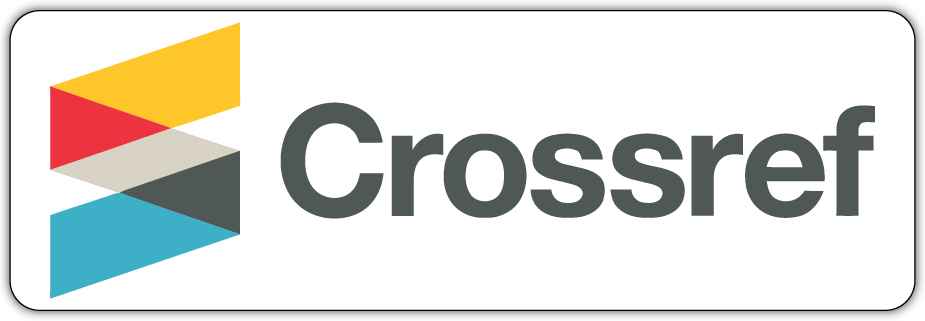Kritik terhadap Filsafat Pendidikan Jacques Rancière
Criticisms against Jacques Rancière's Philosophy of Education
Abstract
This article contains four criticisms against Jacques Rancière's philosophy of education, insofar as his philosophy is written in his work The Ignorant Schoolmaster. In the first criticism, Rancière's presupposition of equality of intelligence would be framed as a truth claim and to the extent that it can be treated as such, Rancière's argument contains a number of defects. The second criticism underscores the distinction between inequality of intelligence and inequality of knowledge Rancière confuses. The third criticism concerns the contradiction between what Rancière has written and what he practiced and also the weakness of the defense provided by his supporters on this point. Fourth, Rancière's redefinition of “emancipation” as verification of the equality of intelligence turns out to strip away the very idea of emancipation of what makes it meaningful for many people.
Abstrak: Tulisan ini berisi empat kritik terhadap filsafat pendidikan Jacques Rancière sebagaimana tertuang dalam karyanya The Ignorant Schoolmaster. Dalam kritik pertama, pengandaian kesetaraan akal budi Rancière akan dikemas sebagai klaim kebenaran dan sejauh itu dapat diperlakukan sebagai klaim kebenaran, argumen Rancière mengandung sejumlah kecacatan. Kritik kedua menggarisbawahi perbedaan antara ketidaksetaraan akal budi dan ketidaksetaraan pengetahuan yang dirancukan Rancière. Kritik ketiga berkaitan dengan adanya kontradiksi antara apa yang Rancière tuliskan dan apa yang ia praktikkan serta kelemahan pendukung Rancière dalam membela butir ini. Keempat, pendefinisian ulang Rancière atas “emansipasi” sebagai verifikasi atas kesetaraan akal budi justru melucuti ide emansipasi dari apa yang membuatnya bagi banyak orang berarti.
DISKURSUS applies the Creative Commons license (CC BY). We allow readers to read, download, copy, distribute, print, search, or link to the full texts of its articles and allow readers to use them for any other lawful purpose. Full information about CC BY can be found here: https://creativecommons.org/licenses/by/4.0/













